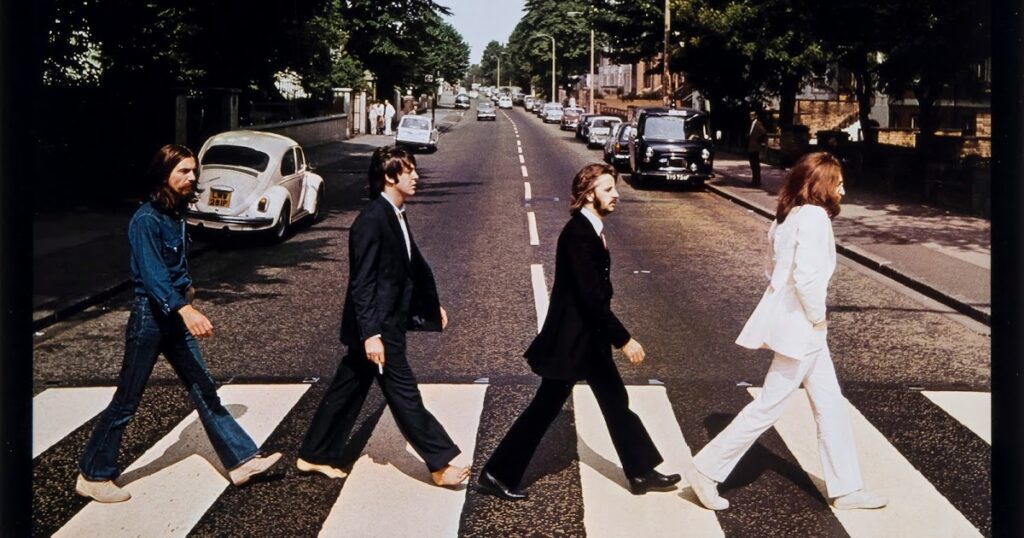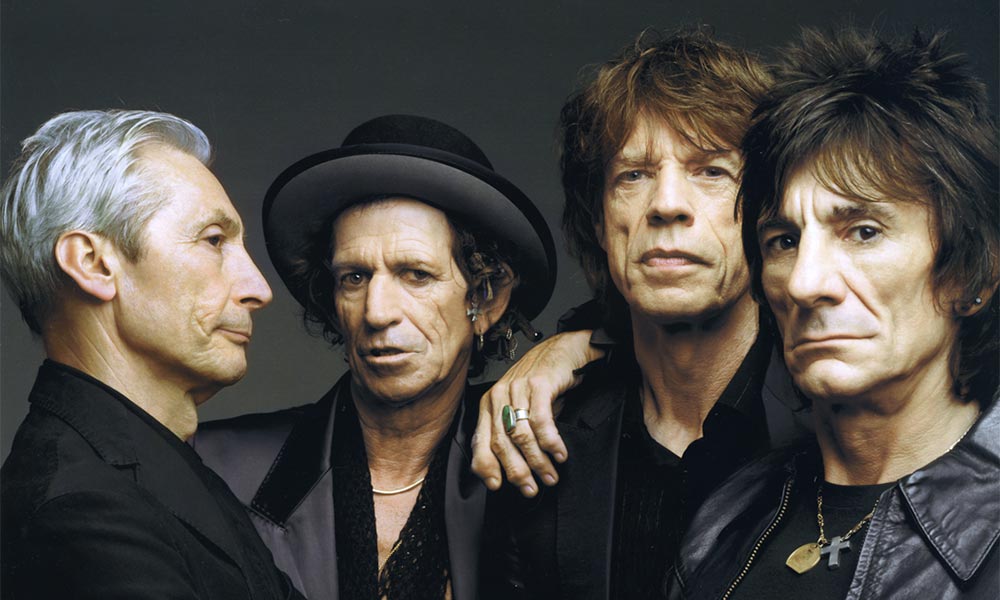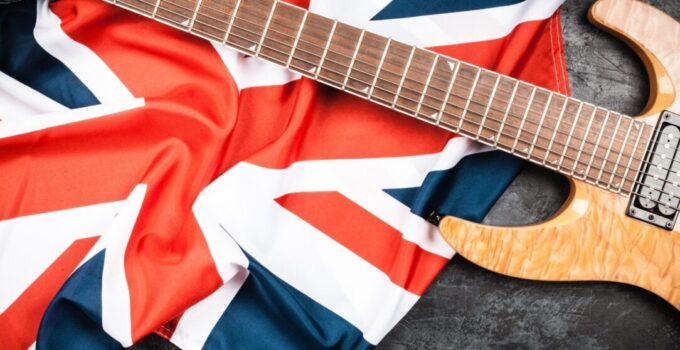If you are a fan of Rock Music like me, you must enjoy going to pubs that play live rock music. One such great pub is The Rocksteady, a live music venue with a very relaxing atmosphere. In this article, we will discuss the history and evolution of British Rock music.
Rock music in the United Kingdom before the mid-1960s is somewhat lost behind the “Beatlemania” and British Invasion of rock and roll acts in the United States. What is now shortened to simply “rock” music incorporates elements from R&B and blues and was, according to Rolling Stone Magazine, seemingly already dead at the start of the 1950s, already on the decline even while the genre rose in popularity in the United States. British rock artists like Tommy Steele were overshadowed by emerging American rock and rollers who dominated music charts for most of the decade. The term “rock and roll” originated from Alan Freed in the 1950s, credited by the Rock & Roll Hall of Fame for “popularizing the R&B records that became the foundation of rock” and a “tireless promoter of the genre.” Bands from the United States surged in popularity in the United Kingdom along with the rise of the “King of Rock and Roll,” Elvis Presley.

Source: wogew.blogspot.com
In the mid-1960s what is now called the British Invasion took the United States by storm; the cultural phenomenon was spearheaded by rock and roll artists from the United Kingdom whose rise to popularity in the States included the Rolling Stones and the Who, and, most prominently, the Beatles. Formed by John Lennon, Paul McCartney, George Harrison, and Ringo Starr, the Beatles quickly rose to fame not only in the United Kingdom but in the United States, and are well-regarded as the leaders of the 1960s British Invasion and one of the most well-recognized and influential bands of all time. Their mixing of 1950s rock and roll with influences from other music genres including classical, pop, and folk, such as their 1968 hit “Blackbird,” turned typical fan-fueled popularity into “Beatlemania.” Rolling Stone calls them “Britain’s leading cultural export” of the 1960s, adding that “the trail they blazed to the colonies quickly became a well-trampled one.”
The rise in fanbase for British rock bands -and the Beatles’ influence – paved the way for other acts during the British Invasion like the Rolling Stones and Led Zeppelin in the late 1960s. The Rolling Stones were a contrast to the Beatles’ in style and look, what Rolling Stone Magazine (aptly named, of course, after the band itself) called “the kind of group parents had every right to feel uneasy about… they put the raunch back in rock and roll.” Their songs embraced the sense of teenage delinquency and breaking of rules first associated with the genre by Bill Haley & His Comets with their recording of “Rock Around the Clock” in 1954. The Rolling Stones produced hits like “(I Can’t Get No) Satisfaction,” “Paint it Black,” and “Sympathy for the Devil” and were followed by other “bad boy” groups like the Who, making their debut in the United States with what Rolling Stone magazine called an “anarchic show” with included the smashing of instruments and equipment and appealed to the rebellious youth mindset of the time.

Source: udiscovermusic.com
Success of British rock and roll in the United States also saw the emergence of sub-genres of rock, including punk, glam, hard, heavy, and indie rock. Rock stars like Elton John and David Bowie wrote and performed songs in a mix of the subgenres in the late 1960s and into the 1970s. You could also check this list of some of the best 70s music. Elton John, one of the best-selling music artists of all time, is best known for hits like the rock-ballad “Rocket Man” released in 1972, as well as work on several film scores including Disney’s The Lion King (1994), and is considered by the Rock & Roll Hall of Fame to be “among the most successful acts of the rock era, arguably in a class with Presley and the Beatles.” David Bowie’s rock and roll style was much more varied, described by the Rock and Roll Hall of Fame as having “bent rock & roll convention in so many imaginative and contradictory ways [with] constant evolution, brilliant innovation, and enduring artistry” with hits like 1969’s Space Oddity and his memorable glam rock alter ego, Ziggy Stardust. Following his death in 2016, Rolling Stone Magazine labeled him the “Greatest Rock Star Ever.”

Source: nme.com
The late-70s and into the 1980s saw the rise of popularity in Queen, best known for songs such as “We Will Rock You,” and “We Are the Champions,”. The band is one of the biggest stadium rock bands in the world, their music meant to be performed to large crowds; the 1977 hit “We Will Rock You” in particular was meant to be accompanied by participation of the audience in creating the beat of the song with two stomps of the feet followed by a clap. Their performance at Live Aid in 1985 is still considered one of the greatest rock performances by the New York Times and Rolling Stone Magazine. Queen’s version of rock mixed both hard rock and heavy metal with incorporations of pop and – for their chart-topping 1975 song “Bohemian Rhapsody”- operatics.
Today, British rock and the subgenres it inspired have evolved and produced new acts like Bring Me the Horizon and Enter Shikari, the former called “UK’s leading rock export” by Loudwire and the latter a “true force in British rock.” Older acts, now considered classic rock, including Queen and the Rolling Stones, continue to hold tours and concerts around the globe. Renewed interest in some of the biggest names in British rock history are a result of attention brought on by such films as Yesterday (2019) inspired by the Beatles song and set in a fictional reality in which the struggling musician Jack Malik (Himesh Patel) is the only one to remember the Beatles. Biopics Bohemian Rhapsody (2018) starring Rami Malek as Queen’s iconic vocalist Freddie Mercury, and Rocketman (2019) starring Taron Egerton as Elton John have also reignited interest in the older generations while simultaneously introducing the younger ones to the genre. Queen continues to tour with current frontman Adam Lambert while Elton John announced in 2018 his plans for a three-year retirement tour. British rock of the 1950s and early ‘60s was heavily influenced by rock stars from the United States, but is now inarguably influential not only on American rock music but also on rock music.




